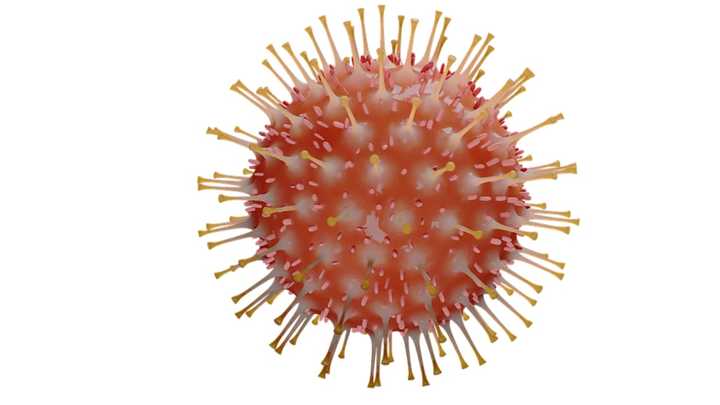Research published this week in the Journal of American Medical Association found that Americans between the ages of 25 and 44 have died at a rate that has never been seen in history.
During the study, a total of 76,088 deaths were reported in adults between those ages, which was 11,899 more than the expected 64,189 fatalities during that stretch.
Of those deaths, 38 percent were contributed to COVID-19.
“Although the remaining excess deaths are unexplained, inadequate testing in this otherwise healthy demographic likely contributed,” researchers wrote. “These results suggest that COVID-19–related mortality may have been under detected in this population.”
According to the research, between the beginning of the pandemic and the end of July, there were nearly 12,000 more deaths reported in that age group than would have been expected during a year the country wasn’t battling a pandemic.
July proved to be the most deadly month during the study, when more than 16,000 died, approximately 5,000 more than the average number in the past 20 years.
According to the CDC, there have been 10,232 COVID-19-related deaths in Americans between the age of 18 and 49 since the pandemic began out of 6,712,444 cases reported in that demographic.
Over the summer, in the United States, people under age 30 accounted for more than 20 percent of COVID-19 cases and were seen as more likely to transmit the virus than others.
Researchers at Johns Hopkins University said that it’s important to remember that while younger Americans are less likely to be hospitalized or die from COVID-19, they can still catch it, spread it, and develop severe and lasting symptoms.
“We need to tell young people that they are at risk and that they need to wear masks and make safer choices about social distancing,” Jeffrey Samuel Faust, an attending physician at Brigham and Women’s Hospital Department of Emergency Medicine in Boston and an instructor at Harvard Medical School, said in an op-ed for the New York Times.
“This is even more important now that safe and effective vaccines are a reality,” he added. "Young, healthy people are low on the priority list for the vaccine rollout. That means that modifying behavior now can save thousands of young lives next year.”
The full study in the Journal of American Medical Association can be found here.
Click here to follow Daily Voice Harrison and receive free news updates.
